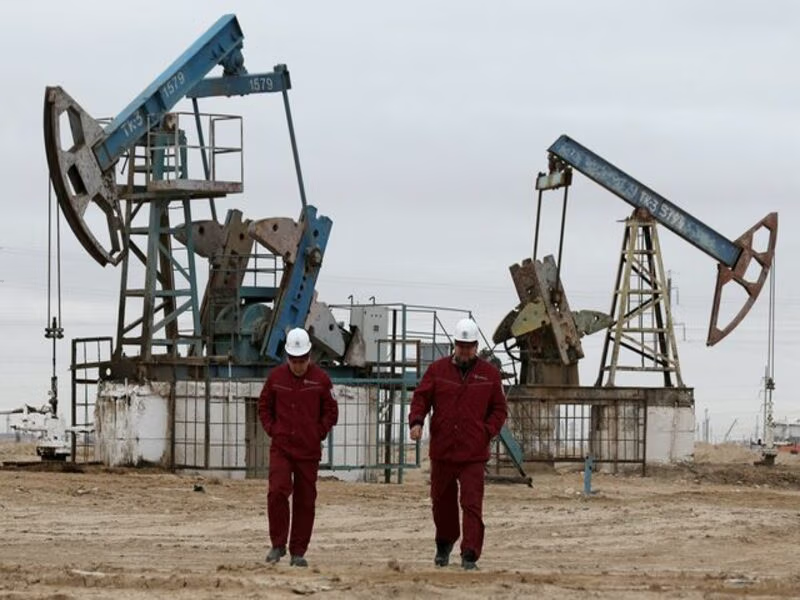Oil prices stabilized on Wednesday following two days of decline as investors balanced plans of OPEC+ to increase output further in the next month and U.S. and Asian data indicated decreasing demand.
December delivery of Brent crude dropped 4 cents to $65.99 a barrel by 1037 GMT, and U.S. West Texas Intermediate crude declined 5 cents to 62.32 a barrel.
Both Brent and WTI fell over 3 percent on Monday, the two biggest single-day falls since August 1, and they further fell 1.5 percent each on Tuesday.
Rystad analyst Janiv Shah said that Oil has gone down in the market, projecting that OPEC+ can boost its size by the same amount in November, and U.S. and Asian demand will begin to decline.
“U.S. drawdowns have slowed, so some bullish movement could start to flip,” he states.

According to the sources, the OPEC+, the Organization of the Petroleum Exporting Countries and its allies, may agree on increasing oil output by up to 500,000 barrels per day (bpd) in November, three times the amount they increased in October, as Saudi Arabia attempts to recover market share.
In a post on X (formerly known as Twitter), OPEC wrote that media reports of output plans to surge 500,000 bpd were misleading.
An industry report in the U.S indicates that U.S. crude stockpiles dropped and gasoline and distillate inventories increased in the week ended September 26, according to market sources citing American Petroleum Institute estimates on Tuesday.
The statistics on factory activity in Asia, which is the largest oil-using region globally, were also considered as a further fuel demand alarm as factory activity declined in most leading economies in September.
Giovanni Staunovo, an analyst of UBS, stated that some caution has also preceded the OPEC meeting this weekend, and a risk-off atmosphere owing to the U.S. shutdown also contributed to record U.S. oil production.
The U.S. government crippled its functions on Wednesday as deep partisan differences prevented Congress and the White House from coming to a stream of funds arrangement, which government bodies had cautioned would obstruct the issue of a highly anticipated September employment report, among other things.
PVM Oil Associates’ analyst Tamas Varga added that the attention was also shifting to the supply and export disruption in Russia because of the ongoing and successful Ukrainian attacks.






